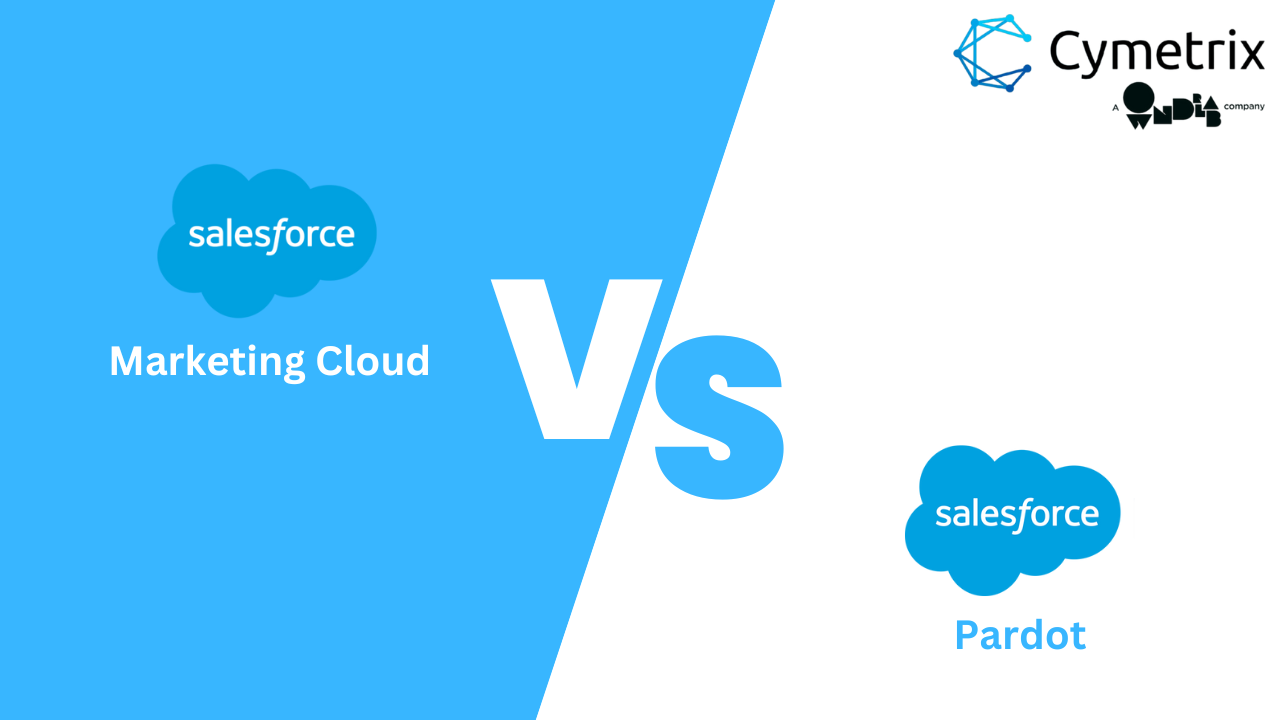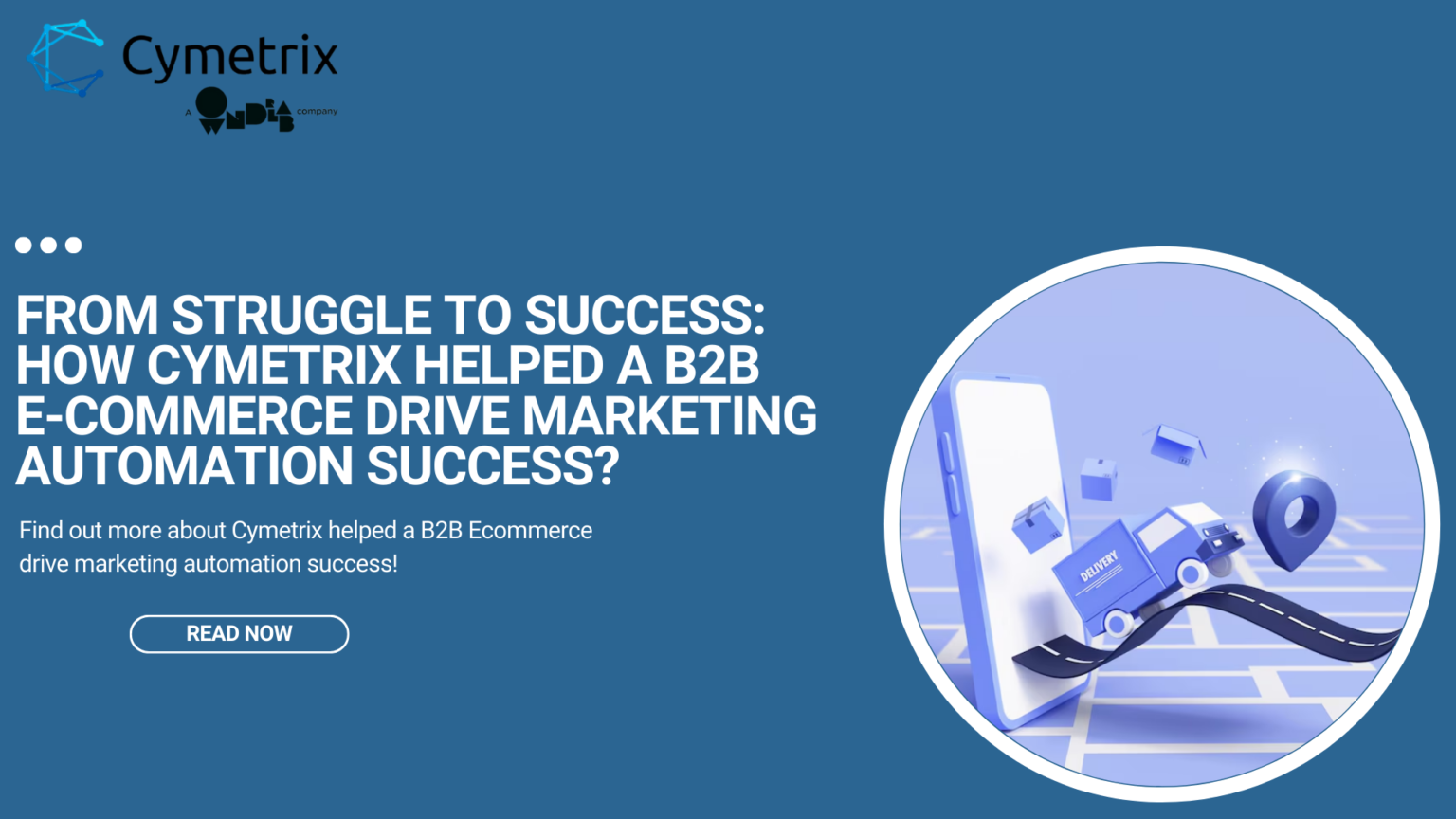
Customer Relationship Management (CRM) is a critical component of any successful business strategy, and Salesforce CRM has emerged as one of the most popular and widely used CRM platforms on the market today. In fact, according to Statista, Salesforce is the market leader in CRM software, accounting for 23.8% of the global market share in 2021. With over 150,000 customers worldwide, including some of the biggest names in the business, such as Amazon, Toyota, and Coca-Cola, it’s clear that Salesforce is a powerful tool that can help companies of all sizes achieve their sales, marketing, and customer service goals. In this blog post, we will take a closer look at what Salesforce CRM is, its key features and benefits, and real-world examples of how it has helped businesses succeed.
Overview of Salesforce CRM
Salesforce is a cloud-based software platform that helps businesses manage and analyze customer interactions and data throughout the customer lifecycle. It is designed to help organizations streamline their sales, marketing, and customer service processes, and improve the overall customer experience.
One of the key features of Salesforce CRM is its ability to centralize customer data into a single, integrated platform. That allows businesses to have a 360-degree view of their customers, including their contact information, purchase history, social media activity, and more. With this information at their fingertips, sales and marketing teams can better understand their customers’ needs and preferences, and tailor their interactions accordingly.
Another significant feature of this platform is its automation capabilities. It allows businesses to automate repetitive tasks such as data entry, lead nurturing, and follow-up emails, saving time and increasing efficiency. Additionally, Salesforce CRM provides a range of analytics and reporting tools that allow businesses to track their performance metrics and gain insights into their customers’ behavior and preferences.
Salesforce CRM is highly customizable and can be tailored to fit the specific needs of any business. It offers a wide range of add-on modules and integrations that can be used to extend its functionality, including modules for e-commerce, social media, and customer service.
Overall, Salesforce CRM is a powerful tool that can help businesses of all sizes streamline their sales and marketing processes, improve customer relationships, and drive growth. In the following sections, we will explore some of the key benefits of Salesforce CRM in more detail.

Benefits of Salesforce CRM
Salesforce CRM provides a wide range of benefits to businesses of all sizes, from small startups to large multinational corporations. Here are some of the key benefits of using Salesforce CRM:
Improved Customer Relationships and Satisfaction
Businesses may consolidate customer data with Salesforce CRM, which helps them better understand the wants and needs of their clients. That can lead to more personalized interactions and better customer service, which in turn can improve customer satisfaction and loyalty. For example, a financial services company can use Salesforce CRM to track customer interactions and identify opportunities to offer personalized investment advice based on their individual financial goals and risk tolerance.
Increased Sales and Revenue with CRM
By streamlining the sales process and providing sales teams with better insights into customer behavior and preferences, Salesforce CRM can help businesses close more deals and increase revenue. For example, a software company can use Salesforce CRM to track leads and opportunities, automate follow-up emails, and provide sales reps with real-time insights into which deals are most likely to close.
Streamlined Business Processes and Increased Efficiency
Salesforce CRM automates repetitive tasks such as data entry, lead nurturing, and follow-up emails, which can save time and increase efficiency. For example, a healthcare provider can use Salesforce CRM to automate appointment reminders, patient follow-ups, and insurance claim processing, which can free up staff time to focus on more complex tasks.
Enhanced Collaboration and Communication
Salesforce CRM provides a centralized platform for teams to collaborate and communicate, which can improve teamwork and productivity. For example, a marketing team can use Salesforce CRM to track campaigns, share creative assets, and provide real-time feedback to improve campaign performance.
Scalability and Flexibility
Salesforce CRM is highly customizable and can be tailored to fit the specific needs of any business. Therefore, it offers a wide range of add-on modules and integrations that can be used to extend its functionality, allowing businesses to scale their operations as they grow.

Salesforce CRM Products
Salesforce CRM offers a suite of products designed to help businesses manage their sales, marketing, customer service, and e-commerce operations. Here is an overview of some of the most significant products available:
Salesforce Sales Cloud
Sales Cloud is a customer relationship management platform that helps businesses manage their sales processes. It provides tools for lead and opportunity management, sales forecasting, and sales performance analytics. Sales Cloud is one of the most popular Salesforce products, accounting for 24% of the company’s revenue in 2021, according to Backlinko.
Salesforce Service Cloud
Service Cloud is a customer service platform that helps businesses manage customer inquiries and support requests. So, it provides tools for case management, knowledge management, and customer self-service. Service Cloud is used by many leading companies, including Delta Air Lines. They use Service Cloud to manage their customer support operations across multiple channels.
Salesforce Marketing Cloud
Marketing Cloud is a marketing automation platform that helps businesses manage their marketing campaigns across various channels, including email, social media, and mobile. It provides tools for audience segmentation, campaign management, and marketing analytics. Moreover, marketing Cloud is used by many leading brands, including Unilever, which uses Marketing Cloud to manage its global marketing campaigns.
Salesforce Commerce Cloud
Commerce Cloud is an e-commerce platform that helps businesses manage their online sales operations. Furthermore, it provides tools for product management, order management, and customer experience personalization. Commerce Cloud is used by many leading retailers, including Adidas, which uses Commerce Cloud to manage its online sales operations across multiple markets.
Salesforce Community Cloud
Community Cloud is a platform for creating online communities that enable businesses to connect with customers, partners, and employees. Moreover, it provides tools for community management, content management, and community analytics. Community Cloud is used by many leading companies, including US Bank, which uses Community Cloud to create online communities for its customers and employees.

Implementation of Salesforce CRM
Implementing Salesforce can be a complex process that requires careful planning and execution. These are some primary steps to consider when implementing Salesforce CRM:
Define Your Objectives
Before implementing Salesforce CRM, it’s important to define your objectives and goals. What problems are you trying to solve? What processes do you want to improve? and What outcomes do you want to achieve? Thus, defining your objectives will help determine which Salesforce products and features are most relevant to your business.
Plan Your Salesforce CRM Implementation
Once you have defined your objectives, you can start planning your implementation. That involves defining the scope of the project, identifying stakeholders and their roles, creating a timeline, and determining the budget. You may also need to consider any data migration requirements, customizations, or integrations with other systems.
Moreover, you should also carefully plan your Salesforce License usage. To know more, we suggest you carefully read about the Types of Salesforce user licenses and make appropriate decisions.
Configure Salesforce CRM
Once you have planned your implementation, you can start configuring Salesforce to meet your business needs. It involves setting up user accounts, configuring security settings, customizing fields and layouts, and defining workflows and automation rules. Depending on your requirements, you may also need to customize reports and dashboards to track your key performance metrics.
Salesforce CRM Data Migration
If you are migrating from an existing system, you will need to plan and execute a data migration. That involves extracting data from your existing system, transforming it to match the data structure in Salesforce, and loading it into Salesforce. Additionally, it can be a complex process that requires careful planning and execution to ensure data accuracy and completeness.
If you want to learn more about data migration, read our blog on salesforce data migration. It will help you get a thorough understanding of this topic.
User Training
Once you have configured Salesforce, you will need to provide user training to ensure that your staff can effectively use the system. It involves creating training materials, conducting training sessions, and providing ongoing support and resources to users.
Ongoing Maintenance and Optimization
Salesforce CRM requires ongoing maintenance and optimization to ensure that it continues to meet your business needs. That involves monitoring system performance, identifying areas for improvement, and making changes to configurations and processes as needed.
Conclusion
Salesforce CRM is a powerful tool that can transform the way businesses interact with their customers and manage their operations. Businesses of all sizes and industries have implemented Salesforce across various industries to achieve their business objectives. That includes improving customer relationships, increasing sales and revenue, and streamlining business processes.
At Cymetrix, we understand the importance of selecting the right CRM solution that fits your business needs. Additionally, we provide various services to help you achieve your CRM goals, including consulting, development, integration, and support. Our team of experts has extensive experience in implementing the Salesforce cloud for businesses of all sizes and industries.
So, if you’re looking to transform your business with Salesforce, get in touch with us today. Our team can help you assess your business needs and determine the best approach to implementing Salesforce CRM. With our salesforce consultant services, you can achieve your CRM objectives and take your business to the next level.








